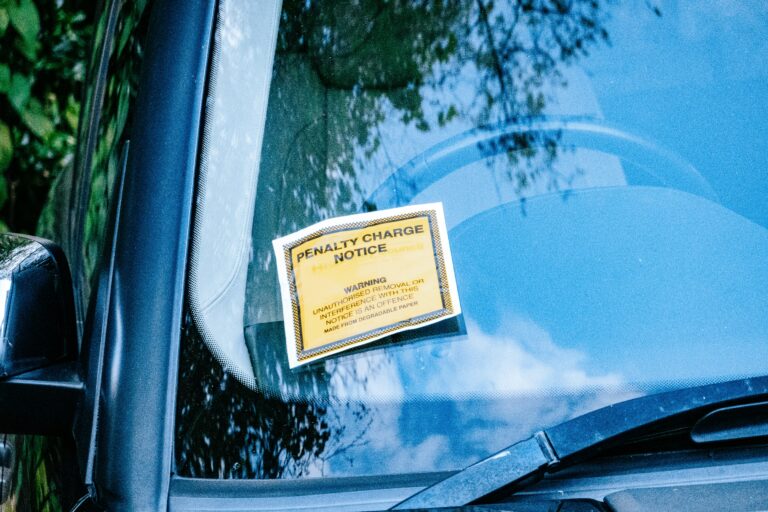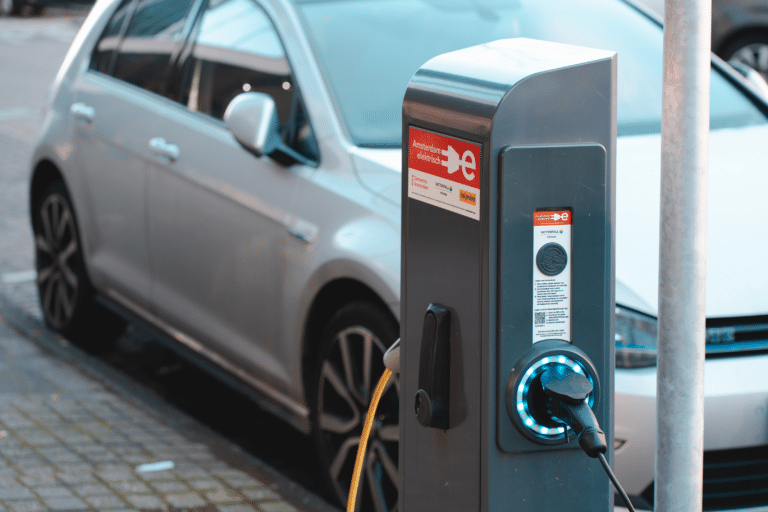Should Cars Be Taxed by Weight to Help Consumers Pick the Greenest Options?
What are your thoughts on this, should cars be taxed by weight to help consumers pick the greenest options? This probably won’t come as a shock to you, but in recent years, there has been a growing debate about how to effectively reduce the environmental impact of vehicles. One proposal gaining traction is the idea as to whether or not cars be taxed by weight to help consumers pick the greenest options.
According to Car Dealer Magazine, experts argue that this approach could incentivize consumers to choose lighter, more environmentally friendly vehicles.

Nick Molden, a specialist at Emissions Analytics, has been a vocal advocate for this change. He suggests that the weight of a car, combined with the distance it is driven, could provide a more accurate measure of its environmental impact. This method would encourage drivers to opt for lighter vehicles, which typically have lower emissions and use fewer resources.
The concept is not entirely new. Several European countries have already implemented similar systems. For example, according to Express, Norway introduced an extra tax on heavy cars weighing more than 500kg, while France charges an additional €10 for every kilogram over the 1,800kg threshold.
These measures aim to reduce the number of large, heavy vehicles on the road, which can cause more wear and tear on infrastructure and contribute to higher emissions from tyre and brake wear, says Car Dealer Magazine.

Supporters of the weight-based tax argue that it offers a more straightforward and transparent way for consumers to understand the environmental impact of their vehicle choices, says Car Dealer Magazine. Unlike the current system, which can be confusing and often focuses solely on CO2 emissions, a weight-based tax would provide a clear incentive for choosing lighter cars.
Critics, however, point out that this approach might not be perfect. For instance, electric vehicles (EVs) tend to be heavier than traditional combustion-engine cars due to their batteries. This could potentially penalize EV owners, even though they produce zero tailpipe emissions. Proponents of the weight-based tax acknowledge this issue but argue that the overall environmental benefits outweigh the drawbacks.
All in all, taxing cars based on their weight could be a promising way to encourage consumers to choose greener vehicles. While it may not be a perfect solution, it offers a more straightforward and transparent approach to reducing the environmental impact of road transport.
As the world continues to grapple with climate change, innovative ideas like this will be crucial in driving us towards a more sustainable future, don’t you think?
Jamjar.com makes selling your car quick, easy, and hassle-free. By comparing offers from a trusted network of UK car buyers, you get the best price without the stress of negotiating or haggling. There are no hidden fees, no obligation to sell, and the entire process is 100% online. Whether your car is nearly new or well-used, Jamjar helps you sell it fast and for a fair price—saving you time and effort.
SELL YOUR CAR HERE: https://www.jamjar.com/sell-my-car/


















































